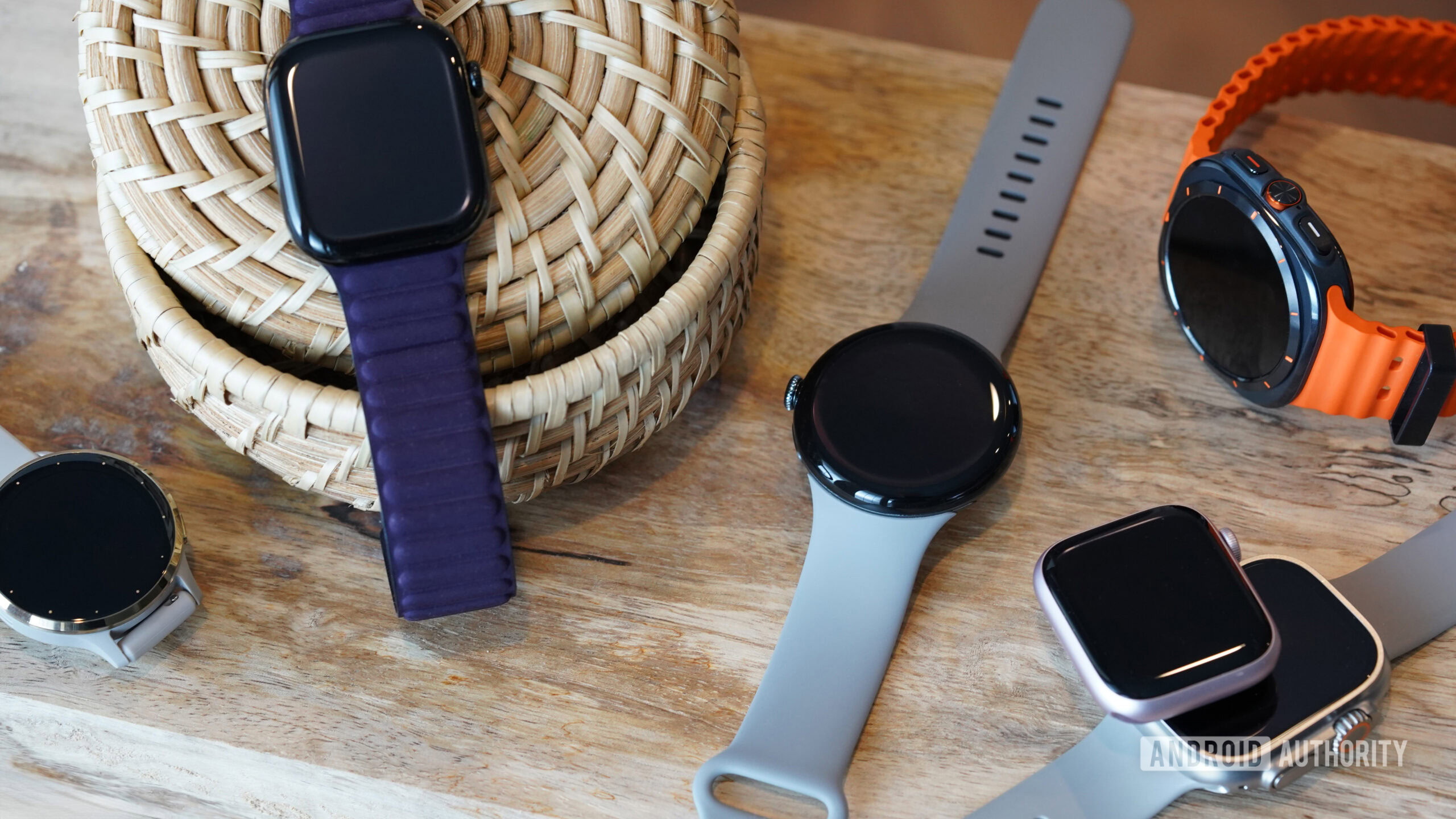
TL;DR
- Only about 30% of poll respondents indicate a willingness to pay for ongoing emergency satellite access.
- We still have many questions about how long free service might last.
- Details on what paid access might look like are also very opaque for the time being.
Forget LTE. Forget 5G. If you’re looking to impress someone with your smartphone’s fancy new connectivity option in 2024, it had better be talking to satellites. While Apple was first to the party, Android 15 is set to finally bring that same kind of communication to the other side of the table. Google’s big Pixel 9 launch is just one week away now, and we’re expecting that hardware to represent the first Android phone with satellite support baked in. But even once it arrives, what’s it going to be worth? That’s just the question we recently put to you, and we’ve got some very decisive results to share.
Nothing about satellites is inexpensive, and from designing them, to launching them, to maintaining communication with them, companies invest billions of dollars in space-based connectivity. And while smartphone manufacturers are interested in getting shoppers excited about this new functionality, it’s also not something that makes sense to foot bill for indefinitely — Apple, for instance, offers two years of free satellite SOS for new iPhone owners.
Last month, we spotted some strings in an Android 15 beta that made it look like Google would be mirroring this approach — possibly even down to the same two-year offer. Once that time’s up, can you see yourself paying extra for the piece of mind satellite emergency access might afford you? According to our readers, not so much:
Will you pay for satellite features?
With over 5,800 votes in, the consensus seems to be that having access to satellites in an emergency just isn’t worth paying ongoing fees. Frankly, that’s not incredibly surprising to see, especially with cellular connectivity as robust as it is in many urban areas. And while smartphone users living in such places may occasionally stray outside the reach of that blanket of terrestrial connectivity, what are the odds that they’re also going to have an emergency right then? We’d love to see how responses break down if we were able to factor in location, and analyze the split between urban and rural users.
Critically, we still don’t have any details about what possible pricing might look like — or even a firm sense of how long Google’s free service might last. Will you have to pay an annual fee, whether you end up sending out an emergency satellite SOS or not? Could we maybe be looking at some kind of usage-based system, where you’d pay for a certain number of access credits? Would those expire?
There are dozens of different ways we could see this going down, and the ultimate pricing structure has the potential to make a huge impact on interest. If we’re talking about $5 a year for a little extra insurance, that’s an investment that could make sense. If we’re talking about $5 a month — maybe just being a friend along next time you plan on going hiking out in the middle of nowhere.
Got a tip? Talk to us! Email our staff at [email protected]. You can stay anonymous or get credit for the info, it's your choice.







 English (US) ·
English (US) ·